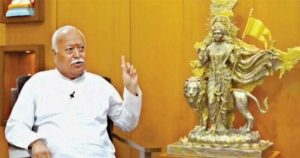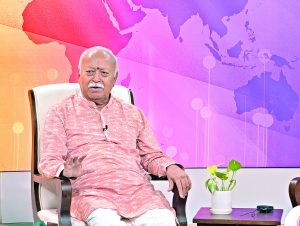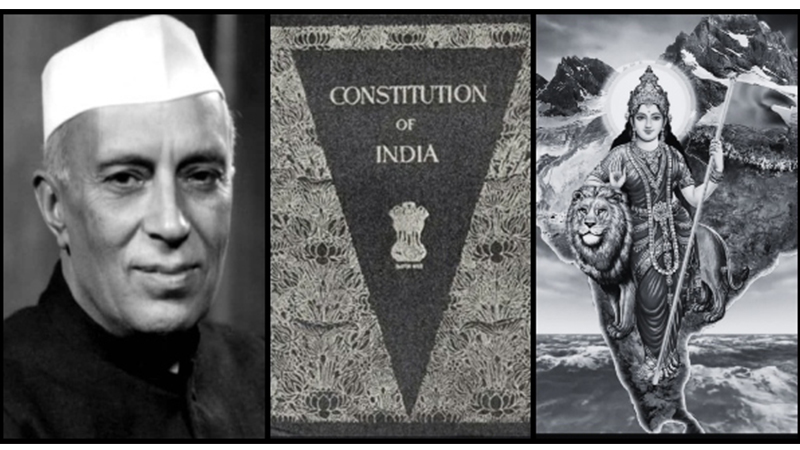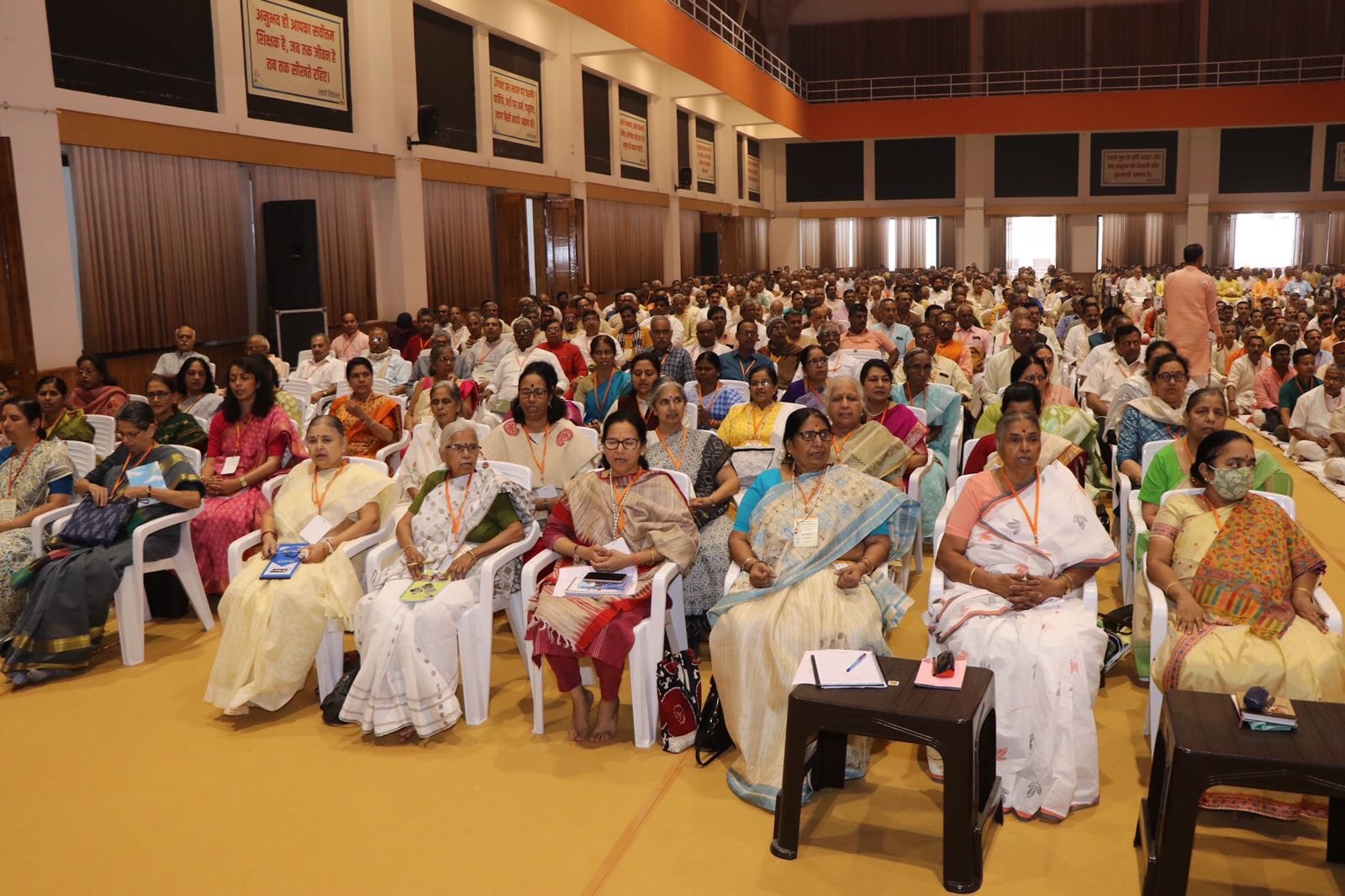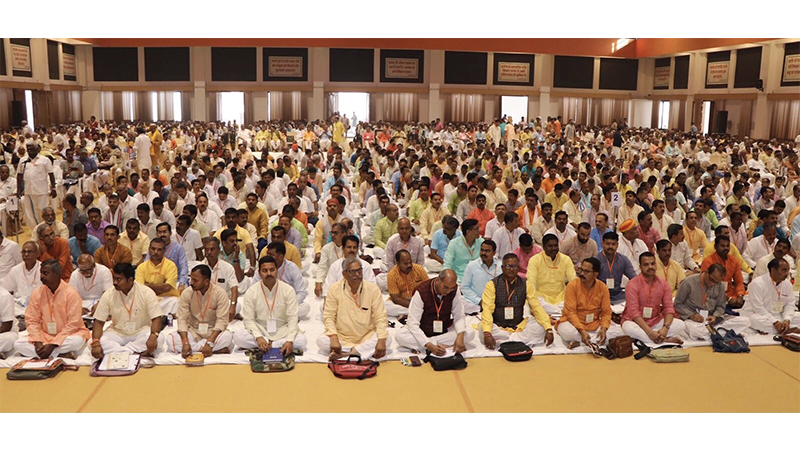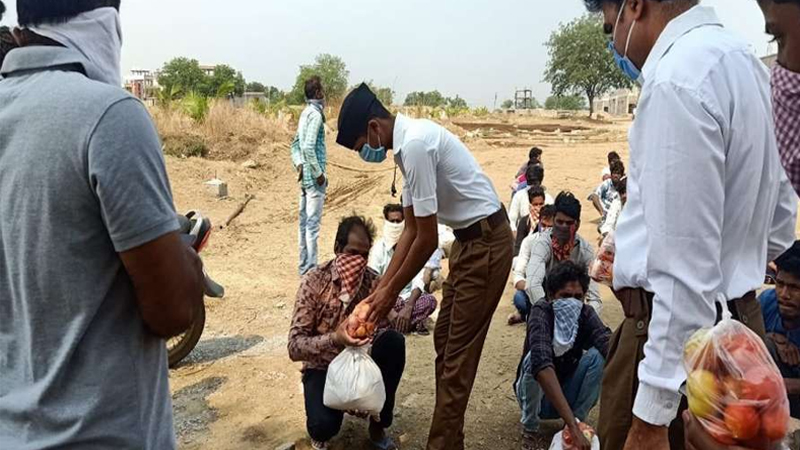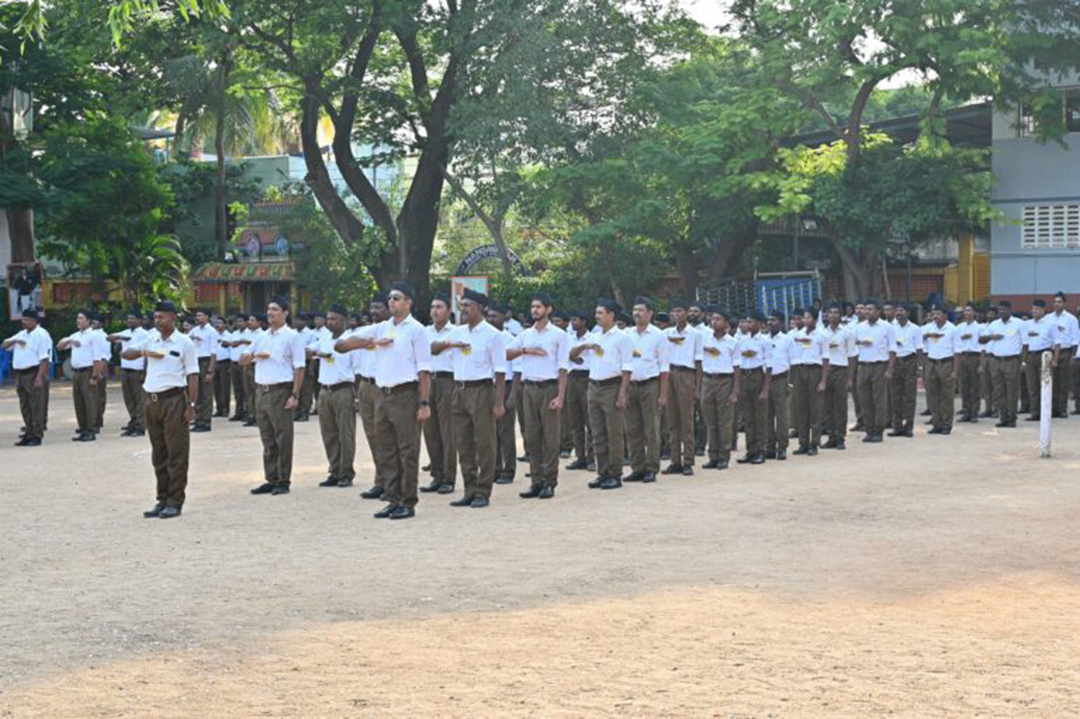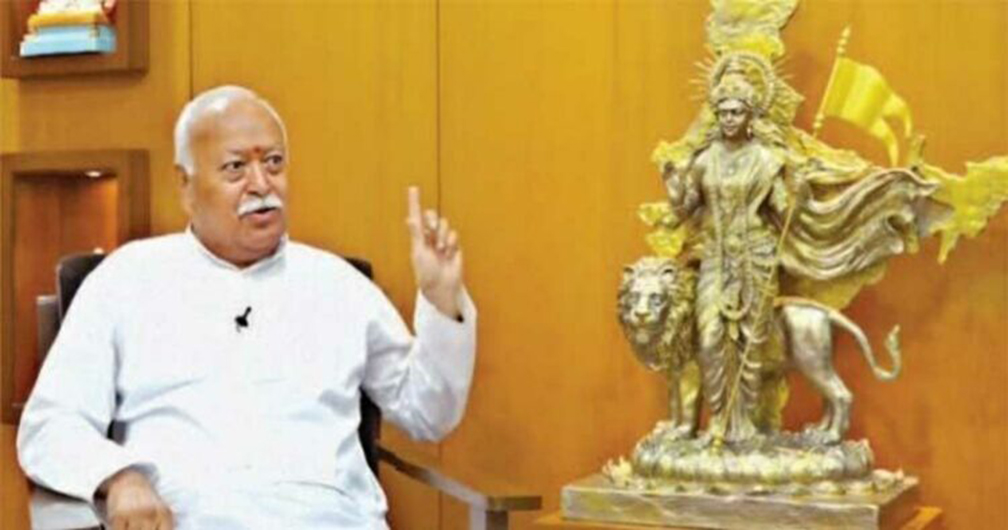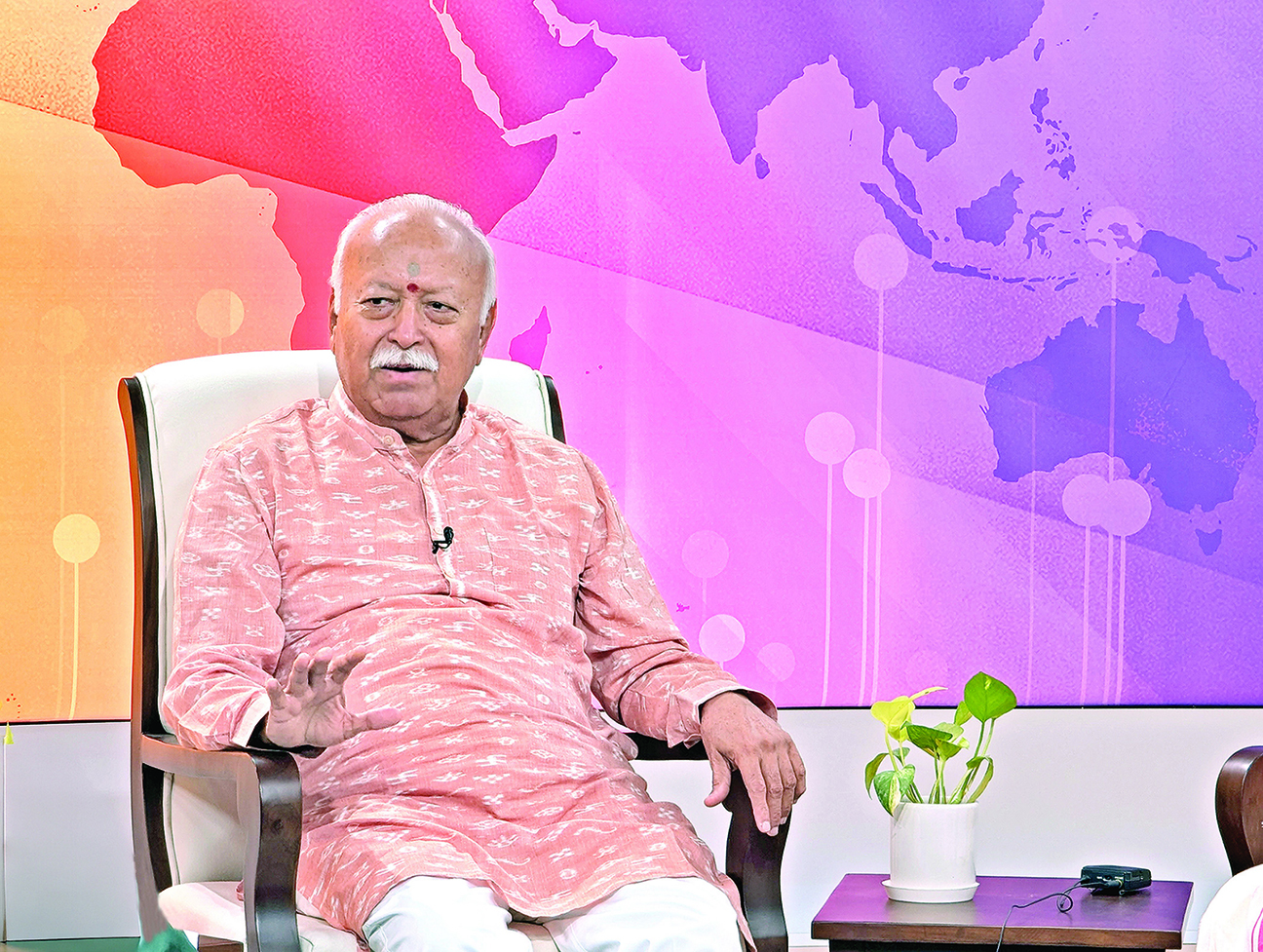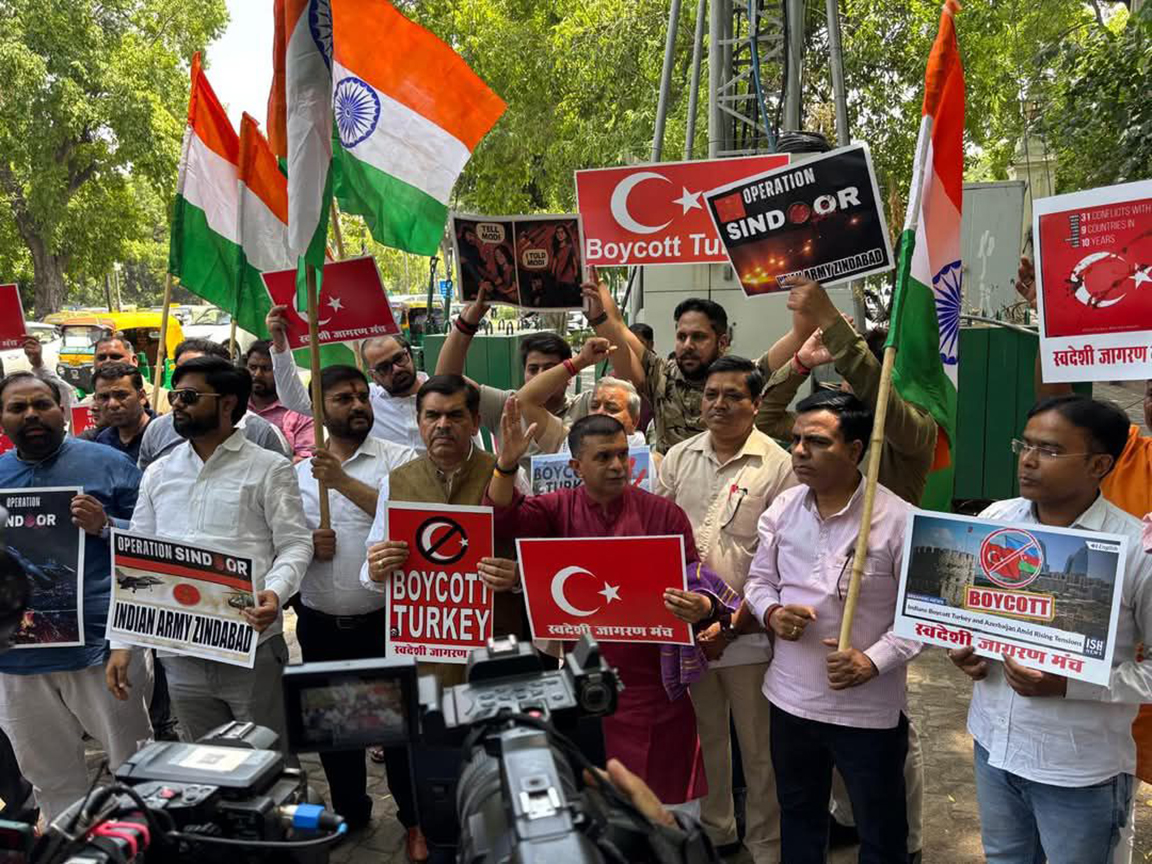RSS envisions India’s Global Ascension through realisation of ‘Swa’ (Selfhood)
Updated: April 11, 2023 5:11
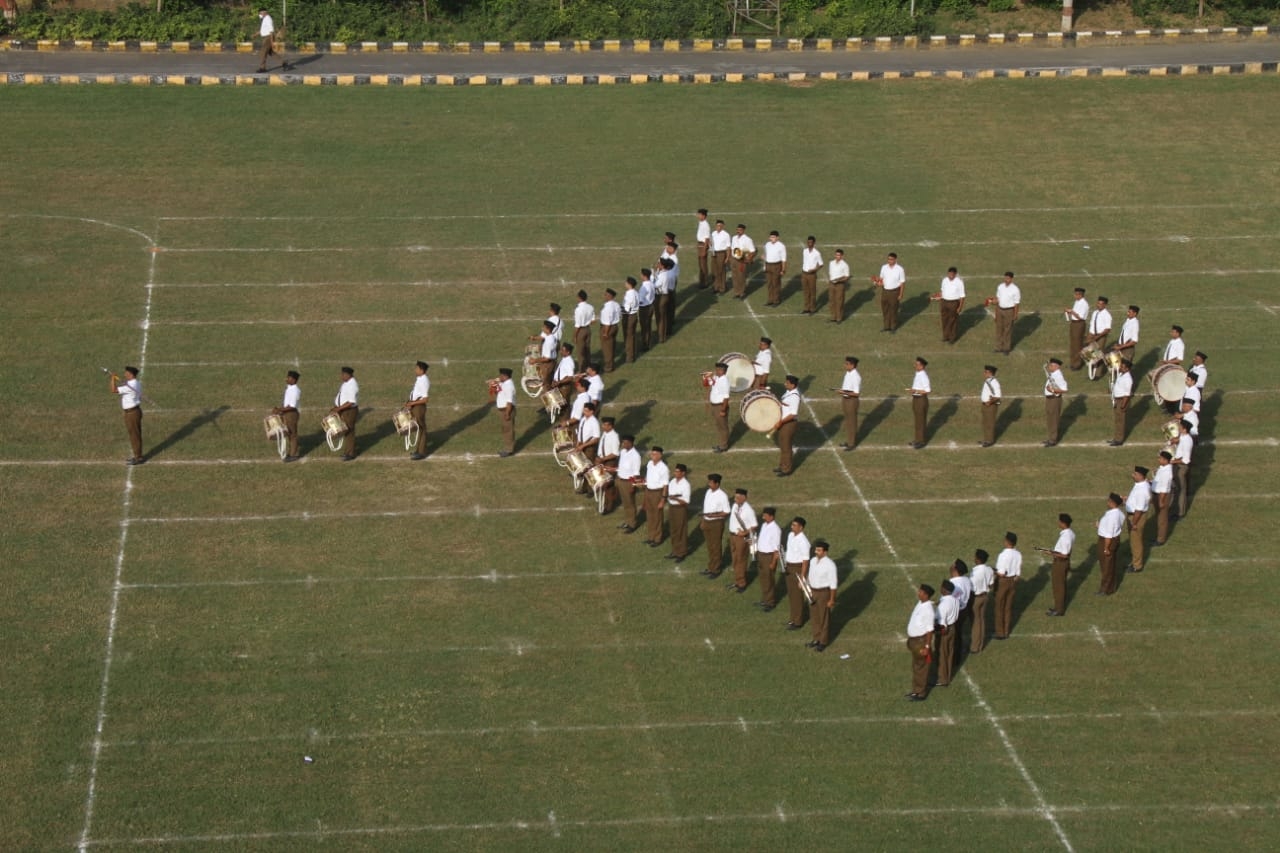
By Rahul Pawa
In two year’s time, the Rashtriya Swayamsevak Sangh (RSS) will mark a truly historic occasion as it marks its centenary year on Vijayadashami of 2025. With its focus now firmly fixed on fulfilling the ultimate vision of its founder, Dr. Keshav Baliram Hedgewar. At its recently concluded three-day-long Akhil Bharatiya Pratinidhi Sabha (ABPS), the movement’s top decision-making body resolved to build upon its national resurgence movement and envisioned a nation built on “Bharatiya” wisdom and philosophy, with a strong emphasis on “Swa” or “own selfhood” which was preserved and evoked as inspiration during India’s freedom struggle based on the ‘Swa – trayi’ of Swadharm (own inherent Dharm), Swadeshi (self-sufficiency), and Swaraj (administration of self) in which the entire society participated. Moreover, the Sabha committed itself to strengthening its efforts in five fundamental areas: promoting social harmony, family reformation, environmental protection, indigenous (Swadeshi) attitude and civic consciousness, all aimed at bringing about societal transformation. The highest decision making of RSS also stressed the importance of women’s participation in family education and Seva (service) and concluded the meeting with a resolution for national resurgence based on ‘Swa’. This resolution solidifies the functioning foundation for millions of its volunteers across the nation and the principles of ‘Swa’ will serve as a guiding beacon for years to come.
Reflecting on the past, in 1947, the sun permanently set on the British Empire in India, leaving behind a nation that had been unpleasantly altered by years of loot, pillage, racism, and colonialism. Its once-great boundaries had been drastically reduced. Its profound Vedic traditions of prayer, scholarship, and sustainable oneness with nature, severely disrupted. And as a final act, the British partitioned the nation for the seventh time in just over six decades, with the purpose of creating an Islamic State, heavily advocated and cheered by Jinnah and his All-India Muslim League. Looking back at this crucial moment in India’s history, it is evident that the impact of Islamist conquests and colonial occupation was significant and enduring. Despite the harsh and lasting impact of these conquests and colonial experience, the Indian people’s unrelenting spirit and determination, fueled by the very principles of “Swa-trayi,” rooted in the conviction of “Swa” for promoting global good, served as an inspiring testament to their resilience. These principles were adopted by the entire society and helped to strengthen India’s spirit amidst oppression and earned it its independence.
Since its independence in 1947, India’s journey as a rising global power especially its meteoric elevation in the last decade has been nothing short of remarkable. In just over seven decades, the country has transformed itself into a thriving and diverse economy, ranking as the world’s fifth-largest economy with a GDP of around 3.5 trillion USD in 2022. The Indian economy encompasses sectors such as information technology, pharmaceuticals, manufacturing, and agriculture, and has made India a thriving business hub. India’s political influence has also grown significantly, and the country has emerged as a major political power and regional security provider. Its foreign policy is focused on promoting peace, cooperation, and stability in the region and beyond. India has played a vital role in global affairs, including the Non-Aligned Movement, the United Nations, the QUAD, and the G20, and has developed strategic partnerships with countries such as the United States, Japan, and Israel. India’s military strength has also grown, with the country ranking as the world’s third-largest military spender in 2022. India has modernised its military capabilities, including its nuclear weapons program, and has become a regional security provider, contributing to peacekeeping missions, humanitarian operations in countries such as Congo, Lebanon, Ukraine, Syria and Turkey. India’s commitment to ancient Sanatan values of Vasudhaiva Kutumbakam (the world is one family) and Lokah Samastah Sukhino Bhavantu (May All Beings Everywhere Be Happy and Free) has earned it respect and admiration from the international community. Additionally, India’s efforts in providing global medical assistance during the COVID-19 pandemic, despite facing challenges domestically, have positioned it as a truly responsible and inclusive global leader, showcasing global humanism and values of uttermost world interests. By exporting millions of doses of vaccines, medical equipment, and supplies to over 100 countries, India showcased its selfless approach to helping others and promoted the global good. This not only strengthened its relations with other nations but also projected India as a principled nation. As India’s economic, political, security, and military power continues to grow, its rise as a global power is set to continue in the coming years. With the potential to shape the course of global events in the years to come, India’s increasing influence on the world stage, including its potential to challenge global order is undeniable.
However, India’s history, ancient sciences, robust public institutions, and rich scriptural wisdom have been and continue to remain targets of disinformation campaigns by several ideologies that aim to creating societal distrust, alienation, and anarchy with the principle of derailing India’s rise in the global arena. These manipulative narratives, not only affect India’s internal affairs but also undermine its international reputation. For example, misinformation spread by Pakistani deep state on “Jammu and Kashmir” and its crafted “Khalistani movement” in Punjab undermined the interests of the people of these North Indian states and kept them away from development and prosperity for years. More so, global news outlets and research journals were observed to spread misinformation about India’s otherwise spectacular handling of the COVID-19 pandemic, creating a negative image of India in the global arena. The central aim of such manipulation remains to revolve around discouraging Indians from realising their true potential by exposing them to self-doubt and ridicule. To overcome these challenges and reemerge as Vishwa Guru, India’s commitment to the principle of “swa” is crucial. This principle emphasises the energisation of India’s own selfhood, its resources, culture, and traditions. For instance, India’s recent push towards becoming self-reliant in the defence sector is a manifestation of this principle. The ‘Make in India’ initiative by Indian Prime Minister Narendra Modi, which encourages the production of goods within India, is another example of this commitment. If India can successfully implement this principle, it will not only help to mitigate the threat posed by adverse ideologies but also enable the country to realise its true potential and emerge as a global power with the potential to make a significant impact on the world stage.
Although India faces several challenges, it possesses the required wisdom and resilience to surmount them and emerge even stronger. The ABPS resolution by RSS, is timely and thought provoking, setting the path towards India’s rise not just as a nation but also as a responsible global player. It is only by remaining committed to the principle of “Swa“, India can leverage its own unique strengths and build a brighter future for itself and the world. India’s practice of the principle of ‘Swa’ is fundamental in its battle against its adversaries and to unleash its full potential as a global power that can shape the global order. By promoting its own selfhood, self-reliance, self-administration, in addition to building a more cohesive society, India can regain its rightful place as Vishwa Guru and inspire the world with its ancient wisdom and modern achievements.
(The author is an international criminal lawyer and director of research at New Delhi based think tank Centre for Integrated and Holistic Studies (CIHS). Views expressed are personal.)

